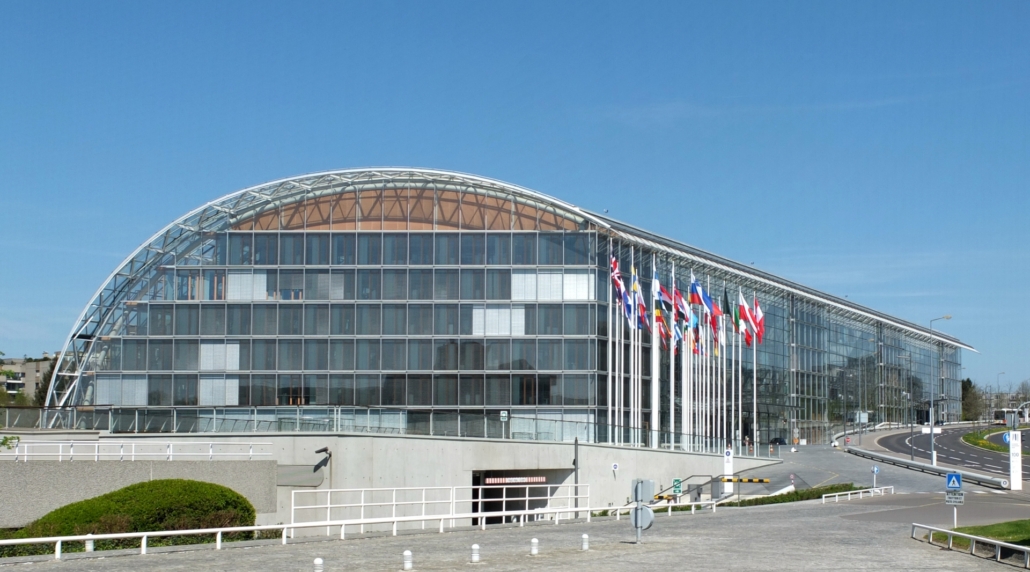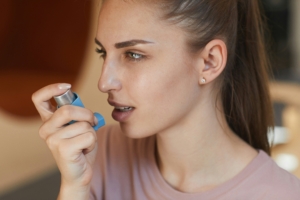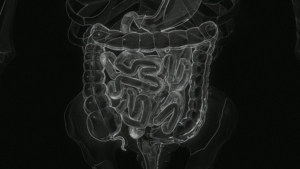
Atriva Therapeutics gets €24m from EIB
Atriva Therapeutics has secured a €24m loan to push the development of its COVID-19 programme ATR-002, an antiviral, anti-inflammatory MEK inhibitor.
According to Atriva Therapeutics, the proceeds allow the company to start Phase II testing of its oral MEK inhibitor ATR-002. In preclinical trails, the blocker of the host kinase MEK blocked the viral propagation of SARS-CoV-2. Furthermore, ATR-002 significantly decreased the expression of pro-inflammatory cytokines and chemokines, which boosts the host-immune response, leading to a cytokine storm that can end up in organ failure and death. The drug candidate thus is though to be one of the most urgently needed therapeutic option for patients with moderate to severe COVID-19 symptoms who require hospitalisation.
ATR-002 successfully completed a Phase I clinical trial in 2019 where it demonstrated excellent safety and tolerability in healthy volunteers. Under the agreement with the EIB, Atriva will receive the loan, which is backed by the Infectious Diseases Finance Facility (IDFF), in three tranches upon the completion of pre-defined milestones. The funds will support the company’s R&D for ATR-002, including clinical trial expenses, the technical transfer and manufacturing ramp-up needed to reach a commercial scale, as well as regulatory, intellectual property, pharmacovigilance and market access activities. Together with a recent €8.6m financing round, Atriva might now have enough money to bring its therapeutic asset to Phase II proof-of-concept.
While COVID-19 vaccines are important to protect healthy people from infection with SARS-CoV-2, therapeutics are essential to have a means to help the roughly 14% of mostly elderly patients who develop severe disease.
Most recent research results indicate that for five of the eleven COVID-19 vaccines currently being tested in Phase III studies, antibody titers after vaccination were 8.4-61% lower in older people than in younger volunteers. This might be bad news for vaccine makers as antibody directed enhancement (ADE) has been linked to unsufficient high antibody titers. Upon ADE, virus-binding antibodies contribute to the infection of immune cells such as macrophages, which then become a virus factory. The antibody’s Fc receptors allow viruses such as Dengue, MERS and SARS-CoV-2 to infect macrophages and undermine the immune system.



 Unsplash+
Unsplash+